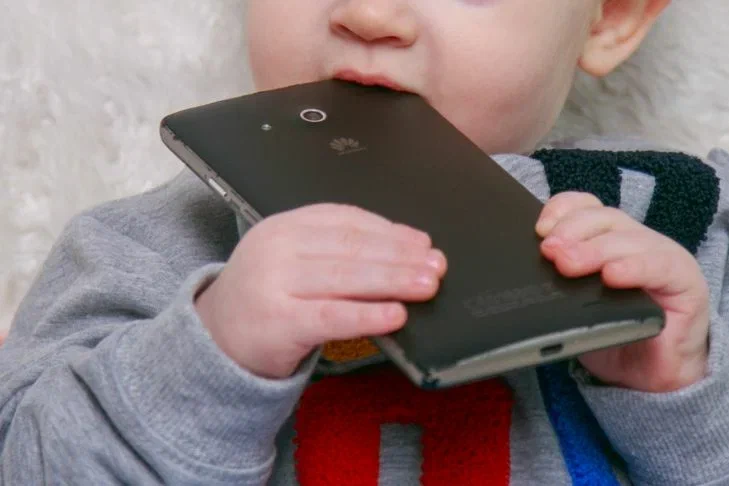How many hours a day can you give your child a phone? The answer will surprise you
Still believing the "safe two hours" myth? Time to shudder.
According to a JAMA Pediatrics (2023) study, even 1 hour a day of screen time reduces sleep quality in children by 30%.
"Gadgets are the new sugar: they seem harmless until you see the consequences," Dr Dimitri Christaki , author of Digital Orphans, told the BBC. We studied 20 scientific papers and found an answer that will change your mind.
WHO recommends zero screen time for children under 2 years of age and no more than 1 hour for preschoolers.
But the reality is that the average teenager spends 7 hours a day on social media (Common Sense Media, 2024). “When I took my son’s phone away for a week, he called me a fascist,” writes the mother of 14-year-old Maxim on Facebook.

But there is good news: a Cambridge University experiment found that families who introduce “digital holidays” improve their relationships with their children by 40%.
Writer Cal Newport , author of the bestselling book Digital Minimalism, advises: “Don’t ban it — create an alternative. Hiking, board games, cooking. Kids forget about TikTok when life is more interesting than the feed.”
The most shocking fact: According to the Stanford School of Medicine, teens who spend more than 3 hours a day online are twice as likely to feel lonely.
"I thought I had a lot of friends online. Until I deleted Instagram and realized that in reality I had no one to call," 16-year-old Vika admitted on the podcast "Teenagers on the Call."
Solution
Tech Detox: The Screen Time app (recommended by the American Academy of Pediatrics) helps you gradually reduce your screen time.
“We set a limit of 2 hours – at first there was a scandal, but after a month my son started reading books himself,” shares the father of 13-year-old Nikita.
But it’s important to understand: not all screens are equally harmful. A study by the Oxford Internet Institute (2024) divided content into “passive” (social networks, videos) and “active” (educational apps, programming). The latter, in moderate doses, is even useful.
“My daughter is learning English through Duolingo – in a year she improved her language skills from a C to an A,” says the mother of 12-year-old Sofia.
The main rule: no gadgets 2 hours before bed.
The light from screens suppresses the production of melatonin, which leads to chronic fatigue.
The answer to the question "how much is possible" is simple: less than you think. Otherwise, your child will be raised by an algorithm, not you.
